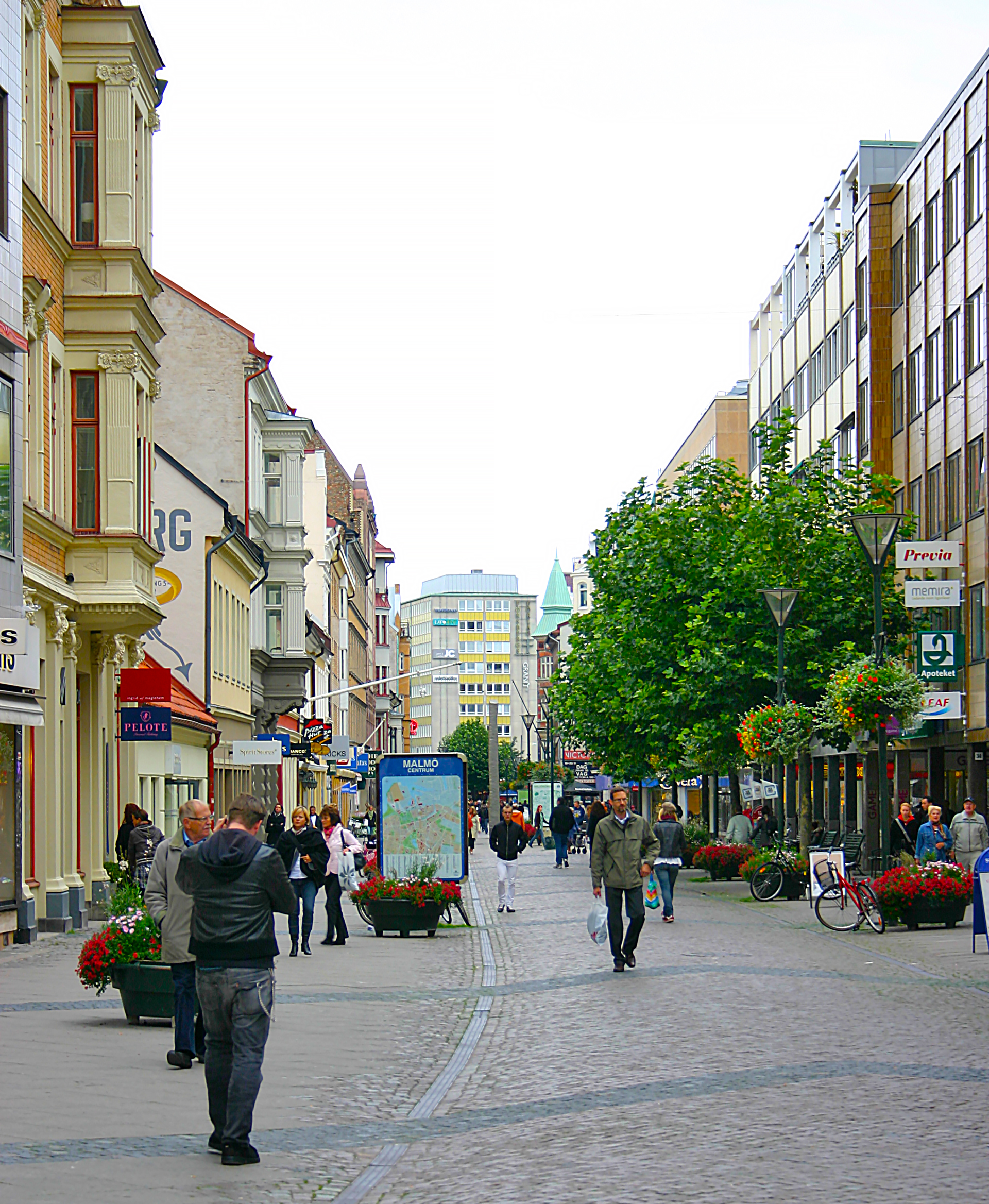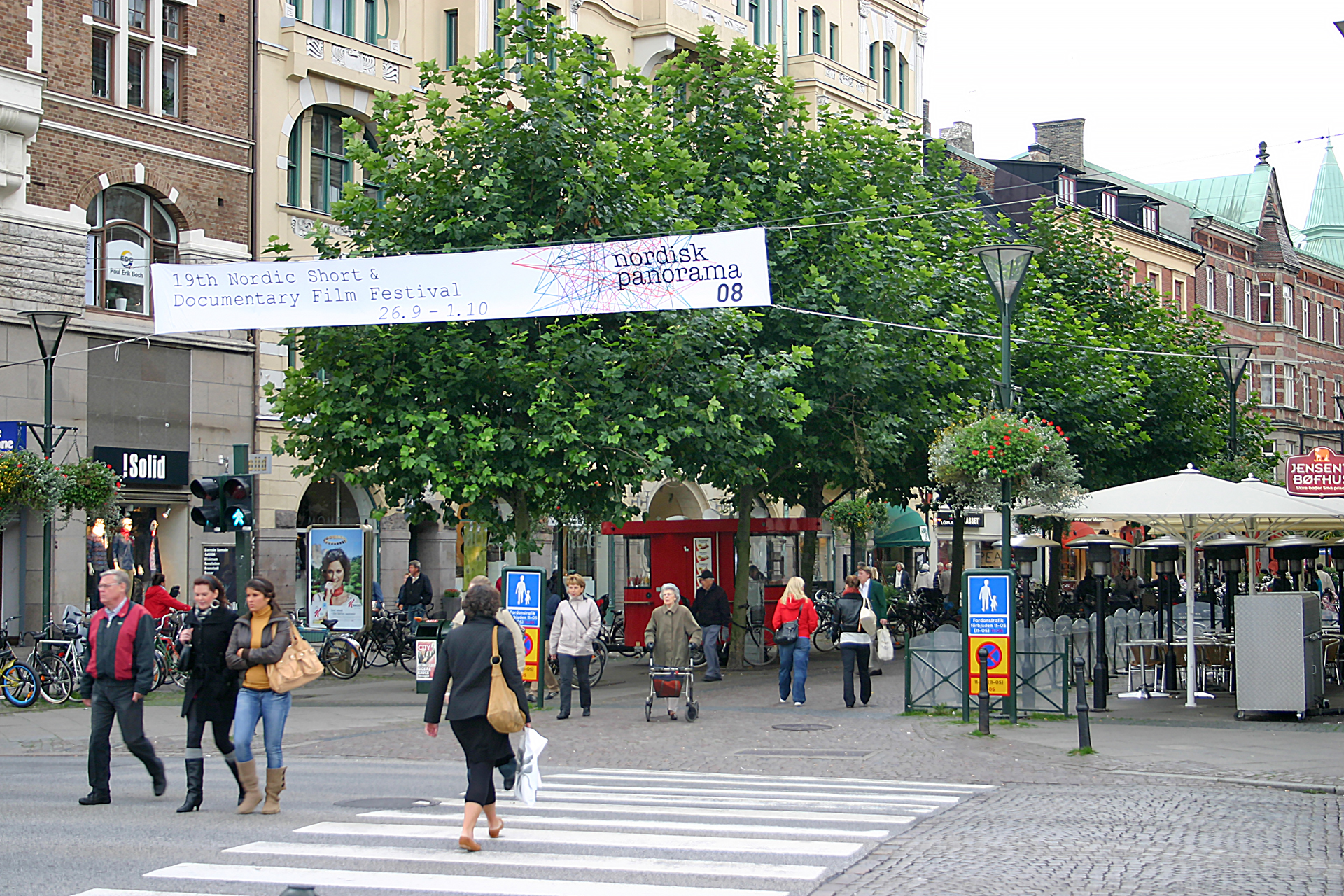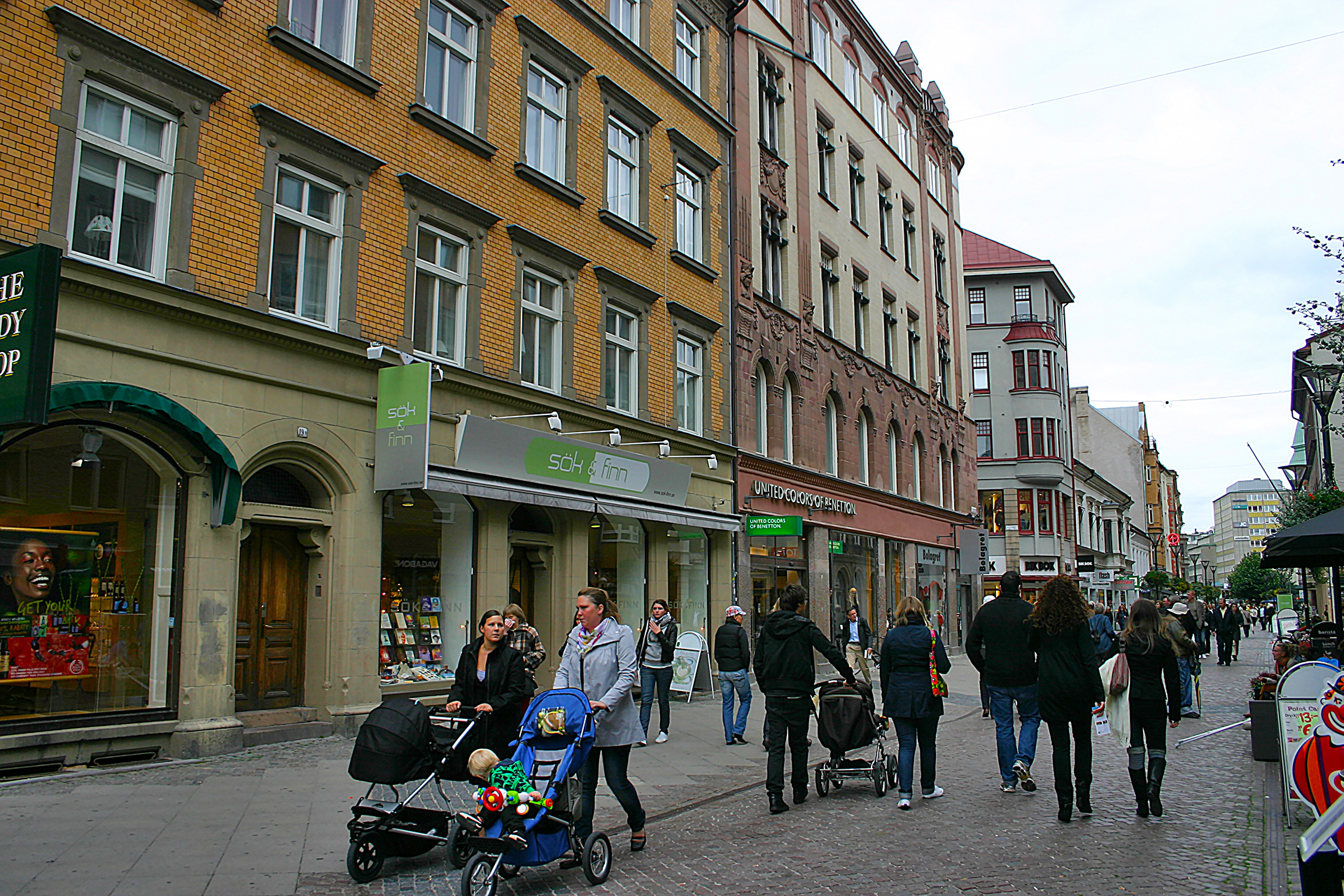Sweden will abolish its air travel tax effective as of Tuesday, July 1, 2025 on flights for travelers in order to promote domestic air travel and have a competitive advantage — but the announcement is controversial, as environmental groups have warned that eliminating the tax would lead to increased flight travel and greater amounts of emissions, as a reduced fuel tax will potentially place ambitious climate initiatives at risk.
Sweden to Abolish Air Travel Tax in 2025

The amount of the current tax is variable and depended on the destination. Passengers are charged between 76 Swedish kronor and 504 Swedish kronor with the tax, which is roughly between $7.39 and $49.00 in United States dollars.
“Swedavia welcomes this proposal. The aviation tax has hampered Swedish flight accessibility, competitiveness and growth. In addition, it has not supported the necessary climate transition as it treats all fuels, including biobased jetfuel, equally,” Jonas Abrahamsson — who is the president and chief executive officer of The Swedavia Group, which owns, operates, and is developing ten airports across Sweden — is quoted as saying in this official press release. “A broad focus on how the industry ensures competitive and sustainable air travel is now required. Policy instruments already exist at EU level and Sweden now need to promote innovation and effective tools. Swedavia’s role is to connect all parts of Sweden and to connect Sweden to the rest of the world. At the same time, we are working intensively on the industry’s climate transition by promoting bio jet fuel, hydrogen and electric aviation.”
Rafael Schvartzman — who is the regional vice president for Europe of the The International Air Transport Association — is quoted as saying in this official press release: “We congratulate the Swedish government for abolishing the aviation tax. It is excellent news, which recognizes that taxation of air passengers is counterproductive economically and ineffective environmentally. Better air connectivity boosts the productive capacity of the economy, leading to stronger tax revenues in the long term. Sweden’s post-pandemic aviation recovery has notably lagged its neighbors, a problem made worse with the tax. And the number of routes had still not rebounded to 2019 levels by the end of 2023. The removal of this tax shows the Swedish government is serious about restoring access to air travel for all its citizens across the whole country, and will give a strong positive economic signal for investors.”
The International Air Transport Association is an organization that represents, leads, and serves the airline industry to improve understanding of the air transport industry among decision makers and increase awareness of the benefits that aviation brings to national and global economies; as well as advocates for the interests of airlines across the globe, challenges unreasonable rules and charges, holds regulators and governments to account, and strives for sensible regulation.
Global aviation is responsible for approximately 2.5 percent of carbon emissions worldwide, which is greater than the annual carbon footprint of Brazil and France combined.
Final Boarding Call

As New Zealand prepares to triple its International Visitor Conservation and Tourism Levy tourist tax effective as of Tuesday, October 1, 2024, Sweden plans to abolish its air travel tax in 2025.
Technology has helped to reduce the amount of emissions that are released into the air over the years — and that technology continues to evolve and improve.
As with visas and other expenses to visit a country, sovereign states should do what they can to reduce costs to encourage visitors, in my opinion. When visitors have more money to spend, they will typically purchase more goods and services that are taxed by the government — so the country will potentially get its money anyway and then some; the visitor will save money; and the merchants will experience an increase in business.
Everyone potentially wins in that scenario…
All photographs ©2008 by Brian Cohen.

